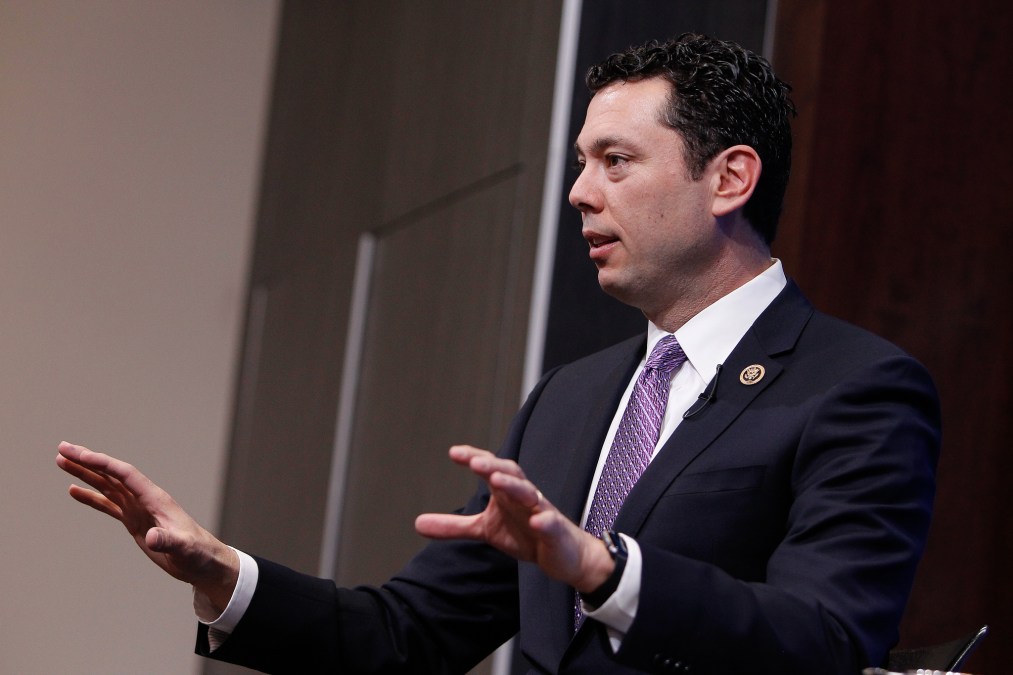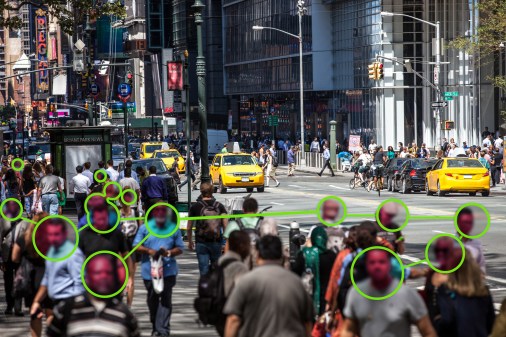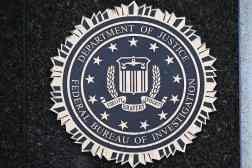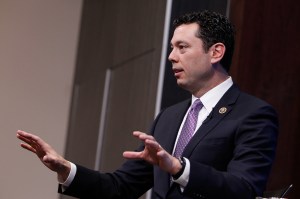FBI’s handling of facial recognition tech draws skepticism on Capitol Hill

Members of Congress on both sides of the aisle are expressing skepticism and dissatisfaction with the Federal Bureau of Investigation’s explanation for how it has been using facial recognition technology.
In a wide-ranging House Oversight and Government Reform hearing Wednesday on the subject, members tried to get an FBI official to better explain what photos it is really using, and for what purposes. And the committee members, by and large, did not seem satisfied with the official’s answers.
“I have zero confidence in the FBI, or the DOJ to be frank with you, of keeping this in check,” said Rep. Stephen Lynch, D-Mass., of the technology. “I’m certainly going to join in legislation to put a warrant requirement in on this.”
During the hearing, Kimberly Del Greco, deputy assistant director for the Criminal Justice Information Services Division at the FBI, said the agency only had criminal mugshot photos in its repository.
Committee Chairman Jason Chaffetz, R-Utah., replied, “That’s not true. You’re not collecting drivers’ licenses?”
According to the Government Accountability Office, “The FBI has entered into agreements to search and access external databases — including millions of U.S. citizens’ drivers’ license and passport photos.”
Alvaro Bedoya, executive director for the Center on Privacy and Technology at Georgetown Law, explained that in fact, Del Greco’s response was a question of ownership versus access.
“The FBI has access to now 18 states’ drivers license photos, and can either run those searches or request them,” he said. “We’re talking more than a third of all Americans.”
Del Greco then clarified that the FBI has “access to the data,” but does not “maintain the data in our repository.”
Later Rep. Paul Mitchell, R-Mich., called Del Greco’s response on not having access “disingenuous.”
“Because frankly the FBI has access, through one means or another … to photos of 400 million Americans solely because you say you have a criminal justice reason for them … To me that’s appalling. And I will join in taking actions to limit that dramatically,” he said.
Del Greco said the FBI accesses the photos under the Driver’s Privacy Protection Act, which was enacted in 1994.
Rep. Gerry Connolly, D-Va. called that a “great stretch,” to apply that law that way.
Bedoya noted “the first law enforcement face recognition system in the country began operating in 2001. The DPPA clearly contemplates sharing of individual photos with law enforcement in certain circumstances. I don’t believe it would allow what you’re describing, nor has it been tested.”
Bedoya said citizens of a state should not only be notified, and have to volunteer their information, but should also be able to vote if they want to allow it.





